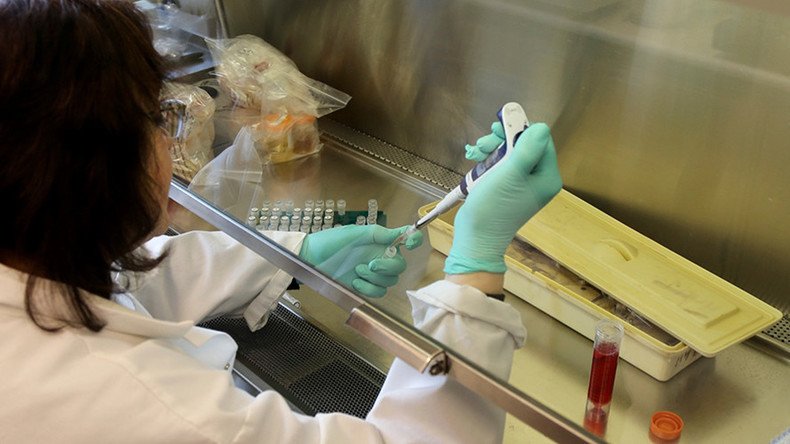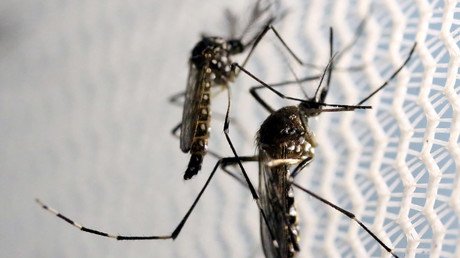Experimental Zika vaccine approved for testing on human subjects

The US Food and Drug Administration (FDA) approved a Zika vaccine for human clinical trials, marking a significant milestone in the struggle to combat the mosquito-borne disease that has become a global health threat, especially to unborn children.
Pennsylvania-based Inovio Pharmaceuticals announced the approval on Monday, and said that human trials are expected to begin in a few weeks.
“We are proud to have attained the approval to initiate the first Zika vaccine study in human volunteers,” noted Inovio CEO J. Joseph Kim in a statement. “As of May 2016, 58 countries and territories reported continuing mosquito-borne transmission of the Zika virus; the incidences of viral infection and medical conditions caused by the virus are expanding, not contracting.”
Researchers will test the new vaccine, named GLS-5700, on 40 people to determine if it is safe to use and effective on healthy humans. Inovio said that if all goes as planned, preliminary results should be available by the end of the year.
Like all vaccines, GLS-5700 works by preparing the body’s immune system by introducing genetic material similar enough to the virus for the body to develop a resistance to.
The vaccine had proved to be valuable when tested on animals, and the upcoming Phase I trials will help scientists figure out what the proper dosage levels in humans is. If these early results show potential in the vaccine, subsequent trials will involve human subjects who actually have the Zika virus.
There are currently no vaccines or drug treatments for Zika, a disease that the National Institutes of Health says has reached pandemic levels in the Americas.
The Zika virus is spread by the tropical mosquito Aedes aegypti. While its symptoms in people who have already been born are limited to fever and rash, the disease is believed to cause serious birth defects problems or death in fetuses.
News of the vaccine’s approval comes just days after the Centers for Disease Control and Prevention released its first report on Zika pregnancies since their registry launched.
The Thursday report found that six babies in the US had birth defects related to the virus. Three of the babies survived, but the three others miscarried.
“Although these outcomes occurred in pregnancies with laboratory evidence of Zika virus infection, we do not know whether they were caused by Zika virus infection or other factors,” the CDC said in a statement.













